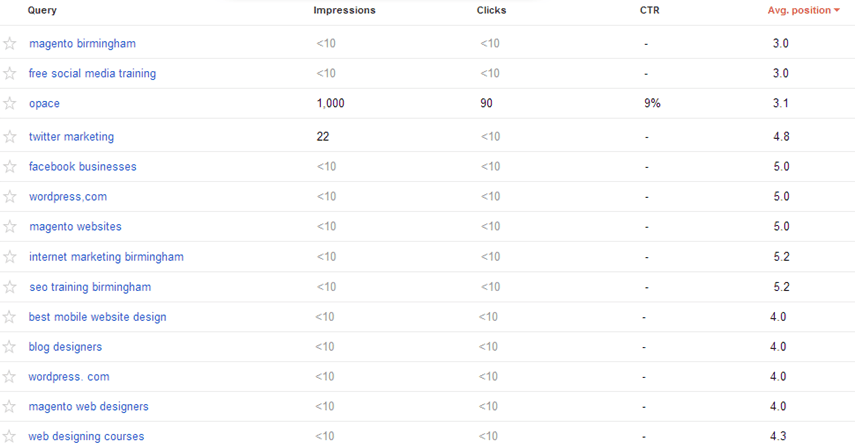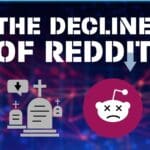Last week saw reports of two major changes introduced by Google, removal of keyword search data from Google Analytics and their biggest algorithm change for 12 years, codenamed Hummingbird. If it was a bad week for marketers, the ultimate sufferers may be hard pressed businesses desperately trying to do the right thing but met with unneeded changes, secrecy and lack of support from the search engine giant.
Goodbye keyword data in Google Analytics
Firstly it became clear that Google will be removing access to keyword search data in Google Analytics by shifting ALL searches to secure URLs; in one instant removing from marketers and website owners the very data which they have traditionally relied on to assess the effectiveness of their SEO and internet marketing efforts. For those of you who use Google Analytics you may have seen this coming and noticed that the percentage of “not provided” keywords have been increasing due to Google encrypting search data when users are signed in to their Google account.
Hello Google Webmaster Tools keyword data
The good news is that we can still get keyword data from Google Webmaster Tools and in some ways it’s more useful. You have the ability to track keyword data including impressions, clicks and average position. The main limitation however is that it doesn’t provide search volume data and you can only track back as far as 90 days.

Secondly Google have very kindly introduced ANOTHER major change to their search algorithm with their usual combination of massive publicity for the event, public reassurance on the effect and complete secrecy about the methodology.
Hummingbird, Google’s biggest algorithm change in 12 Years
The latest algorithm change is called Hummingbird and webmasters, clawed by Panda and frozen out by Panda, will hope it does not prove to be another albatross for their clients. The message from Google wants to have it both ways: it’s their biggest algorithm change for 12 years but its effects on businesses should be limited.
Google’s aim with Hummingbird is to further refine the success of searches. Search industry reporter Danny Sullivan summed up the aims as follows:
Hummingbird should better focus on the meaning behind the words,” Sullivan reports. “It may better understand the actual location of your home, if you’ve shared that with Google. It might understand that ‘place’ means you want a brick-and-mortar store. It might get that ‘iPhone 5s’ is a particular type of electronic device carried by certain stores. Knowing all these meanings may help Google go beyond just finding pages with matching words.
One would have hoped that the current algorithm could be able to achieve all the above already. The new aim is to service ALL words within the search phrase – but again with the aim to move away from a dependency on ‘keywords’. Is there a contradiction here again?
Google has over 200 measurements to determine the ranking of a webpage and it is likely that sharing and social signals will continue to be increasingly weighted in the algorithm and play a bigger role in search engine results: is this for the benefit of consumers or for the benefit of providers such as, surprise surprise, Google+? Is there any evidence that all the many changes over the past three years have actually produced an improved quality of search results? Anecdotally, many would argue that here in the UK at least there have been gains and losses.
The message from Google is ‘don’t panic’: if your site has not been affected by now, it is unlikely you will ever. But again this makes no sense: if the algorithm is now using differently weighted factors, that will have an effect on how websites are built, updated and maintained in the future.
Perhaps the greatest frustration is the renewed sense of powerlessness against the behemoth that is Google and our reliance on them. Its continuing indifference to the small and medium sized businesses that make up the majority of the internet is staggering. Google is a global brand that continually works to support other large brands that can afford the investment in social media, content and media that is beyond the budget, resource and time of the local business trying to compete with ‘big brands’. These continued changes in our opinion are confirmation of this sad truth.
Image credit – Steve Smith
If you found this blog useful you can follow us below to get the latest as we release more useful internet marketing blogs over the coming months!
And don’t forget to share…

![Seo content creation guide for good content - why good content matters: seo content creation guidelines [updated] Seo content creation guidelines for good content](https://www.opace.co.uk/wp-content/uploads/2024/03/SEO-content-creation-guide-for-good-content-150x150.jpeg)




0 Comments